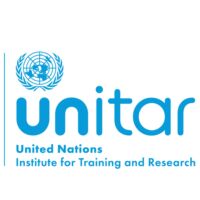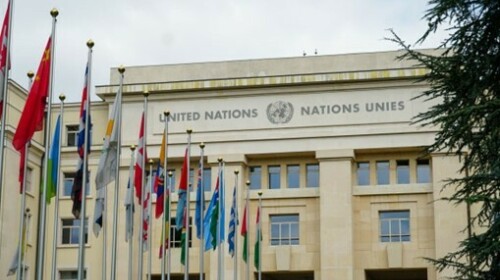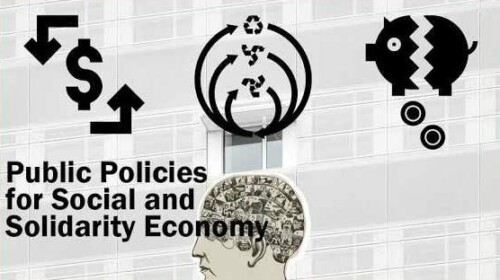The purpose of the e-learning course is to develop the competencies required to overcome the challenges of managing various types of crises; enhance the understanding of the consequences of crises; as well as create a platform for public sector officials to learn from crisis management responses, in order to effectively prepare for future crises.
Download SyllabusTarget Audience
This course is designed to support public servants.
Learning Objectives
At the end of the course, participants will be able to:
- Recognize some of the current challenges faced by public officials due to COVID-19
- Identify contextual challenges due to a crisis and ensure business as usual policies in the public sector
- Discuss different processes involved in crisis management, including soft skills related to communication strategies and leadership
- Respond to governance challenges in post-crisis situations to ensure resilience for future crises









